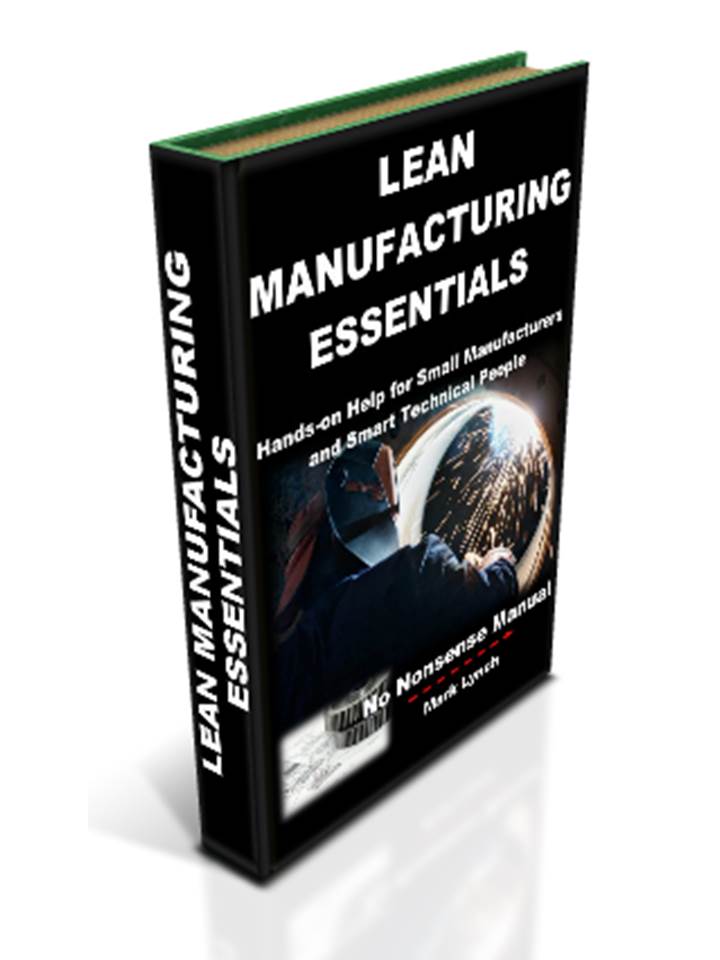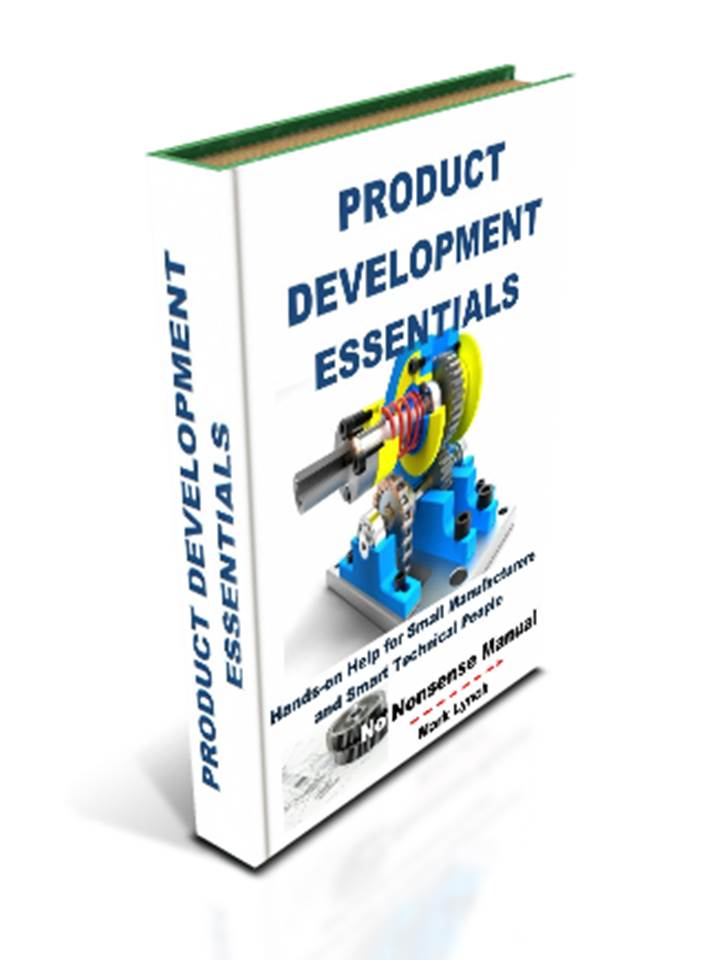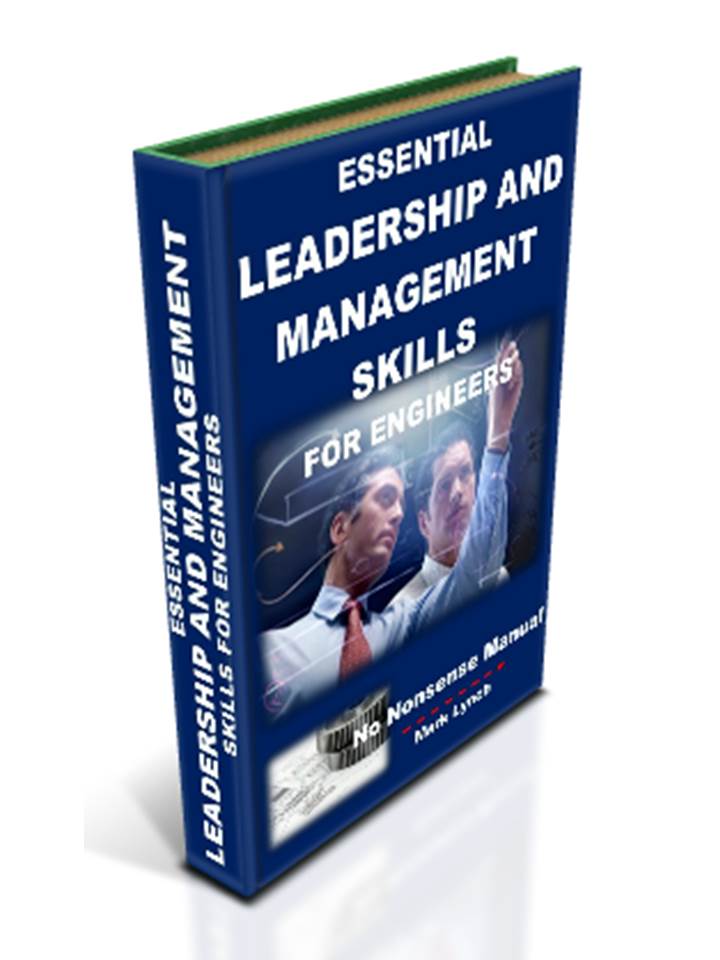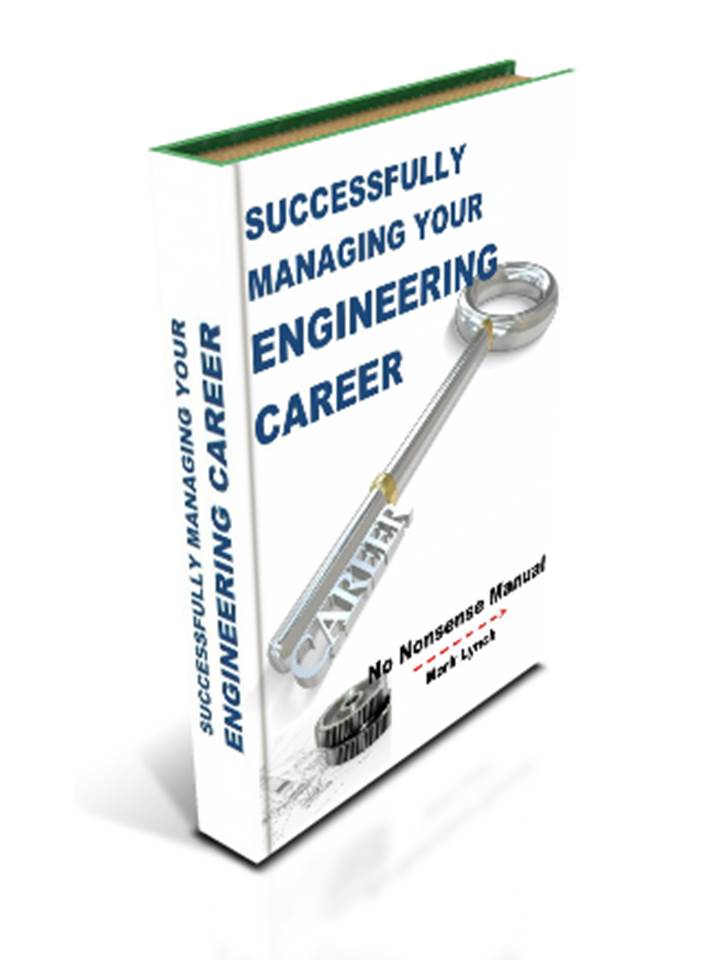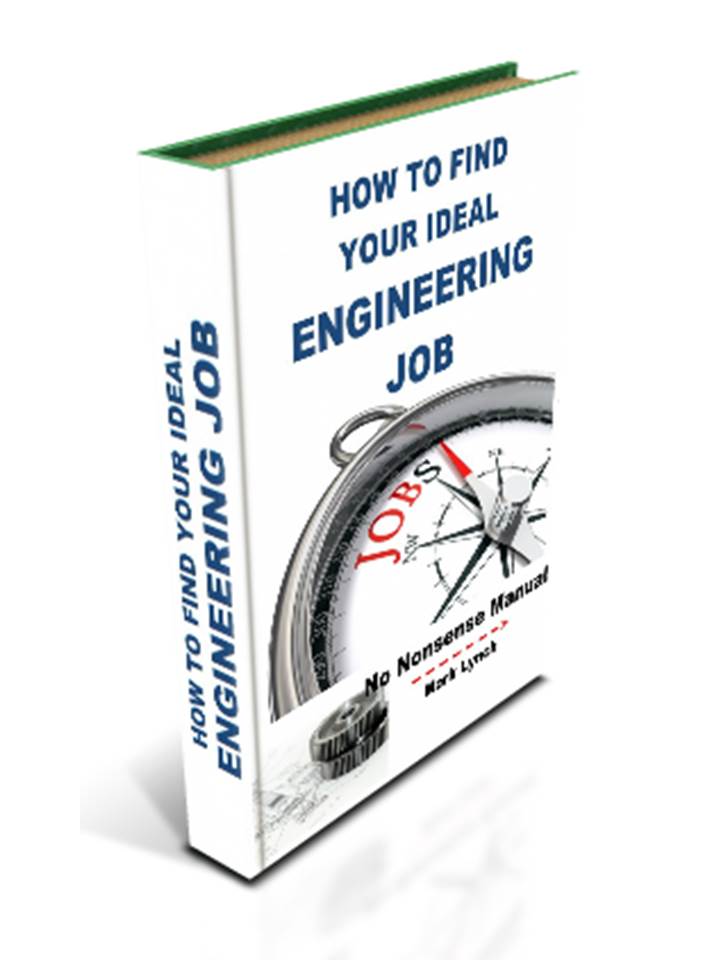'Hands-on Help for SMEs' and Smart Technical People'
Engineering Internship Advice
Industrial Placement information for students to increase their employability and for businesses to access talent and skills
Engineering Internship Advice for Students and Small Businesses
Students who have undertaken engineering degrees with industrial placements – or engineering internships - are what employers want. They demonstrate graduates possess work experience to complement their theoretical knowledge. The hands on practical know-how demonstrates young engineers can be productive and contribute from day one.
For individuals, placements provide a chance to get a real flavour of the world of work. They apply their technical skills and undertake real projects, as well as developing a network of contacts and acquiring new expertise. Additionally, improved personal confidence is a benefit frequently quoted by many students at the end of their time in industry. Likewise, the real-world application of all those taught lessons starts falling into place having spent some time working in business. In short, industrial placements differentiate graduates from their peers and radically improve the chances of getting a relevant, satisfying job after graduation.
Many graduates are fortunate enough to be offered a job following graduation (after-all it’s a relatively safe bet for employers). Some also benefit from sponsorship during their final year, where they may work on an employee-related project. Some interns decide which organisation they would like to work for before or during the placement. The industrial placement provides the best way of impressing and lining up a future job with the company.
Note: A 1-year engineering internships / industrial placement - isn’t the only way of getting the experience you need to make yourself as employable as possible. Alternatives include part-time work, holiday work and unpaid internships (although for many, including me, the latter is morally questionable). All of these contribute to the employability of the junior engineer.
There are similarities between applying for an industrial placement and applying for a job. See these links for putting together both an exceptional covering letter and CV/resume. Below we spell out considerations for…
- Thoughts for graduates who intend going on industrial placements
- Considerations for SMEs planning Industrial Placements
- Ideas to include in placements to make them as fulfilling as possible
- Things placement engineers perhaps should push for, to get the maximum from their experience
- Useful links for graduates looking for industrial placements
- Plenty of case studies!
Whether you refer to them as engineering internships, degree student placements or just industrial work experience, they are a great way for young engineers to kick-start their careers and a vital way for industry to get the skills they desperately need. For graduate engineers who go on to do wonderful things later in the profession, virtually all remember their student placement year! The experience often sets them off in a given direction and most never look back - me included!
Enjoy the section!
Mark Lynch
Engineering Internship Experience (Courtesy of William VanBuskirk)
How to Employ Engineering
Interns and Industrial Placement Students. Tips for SMEs...
- Appoint a single person responsible for industrial placements/engineering internships. Form a small support group of relevant employees around them
- Find out which departments or teams could benefit from a student, and how they would employ them. Get them to articulate likely projects, trials, analysis, areas of research or other tasks the intern could undertake
- Research a range of universities with relevant degrees that include a placement year (sandwich degrees). Check out the degree module content and find out if the university have a history of placing students in industry. Get in contact with their careers department.
- Prepare and agree enticing adverts which showcase what your company does and importantly, the benefits for a potential intern based on the proposed list of activities. Match your tasks to compliment university course content.
- Get the adverts out to the chosen universities, running the campaign like you would for regular recruitment.
- Ensure you are prepared to sift applications, ideally scoring them (against criteria in the advert for example) to justify your decision making. Select a small number of applicants for interview. Prepare feedback for the closest applicants, including those invited to interview.
- Plan and hold interviews, ideally with a small panel.
- Prepare and send feedback for all applicants, including a formal invite for the chosen applicant.
- Contact all interviewees and agree a start date for the successful candidate.
- Start! Use your 12-month plan as a guide, but give them flexibility to learn and discover.
- Having been through the experience once, plan a longer term rolling programme of industrial placements, year on year. Supplement your permanent employee resources with low cost, modern thinking, young engineers who are enthusiastic and eager to impress. Gather contact details for a range of universities, understanding which ones have sandwich courses and find out the best time of year to approach them.
- Further develop your academic links, perhaps with mutual benefits like access to technical expertise and facilities, placing research projects and of course placement students for the university.
Internship: Engineering (by Waupaca Foundry)
Engineering Internship and Industrial Placement Best Practices…
The Work
- It’s often beneficial if a 12 month Industrial placement/engineering internship includes at least 1 major project or piece of work set by the host company
- The placement should include a meaningful role with some level of responsibility, that feeds into a tangible business programme
- Likewise, work activities should be related to the degree, ideally enabling the student to apply some of their theoretical thinking
- Put together a coherent structured plan for the student industrial placement year. Have a clear idea of the area of the business they will work in, projects they will work on and their remit to investigate and undertake research.
- It may be beneficial to use the opportunity to explore new areas of work, research or improvement initiatives. Has your business got ideas it would like to explore, but all employees are currently tied up in the day-to-day business of getting orders out of the door?
The People
- A good idea is for the placement host company to ask the student what they would like to get out of the year. Likewise, the student should give some consideration as to how the company’s activities can align with their studies and perhaps think about something tangible they would like to get from the internship.
- Assign an industrial mentor for all students on their placement year. Consider a team leader, supervisor, manager or small business Director
- Depending on the size of the business, a buddy may be assigned to work with the student on a day-to-day basis. This is different to the mentor who is typically more senior. Are there any graduate employees who may have experienced something similar, and therefore would potential make a good buddy for your student?
- The industrial mentor should work closely with a visiting university tutor (or liaison officer) to make sure a structured plan is in place, is being reviewed and importantly is being executed. Ultimately, they should be checking the placement is adding to the student's learning. The host business should also badger the university if they feel the tutor isn't proactive enough.
- The university tutor should periodically visit the small business to see and discuss student placement progress. Key dates should be set at the start of the placement, as part of an agreed plan. Consider adding these to the schedules of business project plans and activities.
The Benefits for Both Parties
- For the young engineer the industrial placement will add tangible employment skills and experience. Examples include CAD skills, vocational technical expertise, applied R&D, supply chain knowledge and project outcomes, with benefits measurable in a quantifiable way.
- The opportunity to practice communication skills should be a part of the experience. This includes verbal, interpersonal and presentation skills, articulating technical issues, as well as technical report writing.
- Encourage placement students to network throughout the year, collecting business cards and contact details that will be valuable once they graduate.
- Formal student presentations should take place at least once at the end of the year, at the host company and also when the student returns to university. The student should confidently present what they have undertaken over the duration of the placement, making their unique contribution clear.
- Organisations can use placements to start R&D projects, improvement programmes and activities which improve their capability. Some firms find it useful for student placements to drive change, rather than be part of business as usual.
- Ideally, some aspects of the placement should feature a level of responsibility, be that a project, activity or new initiative. The young engineer's CV/resume should include real-world experiences that improves their appeal to potential future employers.
- Both the university and the business can showcase industrial placements to demonstrate and market their relevance and proactivity in their respective sectors. Placement successes should feature in newsletters and press releases, as well as on social media, forming part of the organisations outreach strategy.
- After the placement year the company may consider sponsoring the student for their final degree year. This could include a business-related major project, access to facilities, staff and expertise, as well as industrial technical reviews and frequent visits to the sponsoring business and it's supplier companies.
Best Corporate Film-Mechanical Engineering Internship Video (by Kaushal Manda)
Nottingham Internship Scheme - Working for a small company (courtesy of Nottingham University)
Internship: Lean Manufacturing (courtesy of Waupaca Foundry)
Cummins Engineering Placement Student, Turbo Technologies (courtesy of Cummins)
Engineering Internships and Industrial Student Placements: Further Tips and Great Advice
- Engineering Work Experience: A Beginners Guide - Click...
- Which Engineering Employers Offer Summer Internships or Industrial Placements? - Click...
- Find Great Graduate Jobs in Small Engineering Firms - Click...
(Courtesy of Target Jobs)
- What Employers Think about Sandwich Courses and Work Experience - Click...
(Courtesy of Which?)

